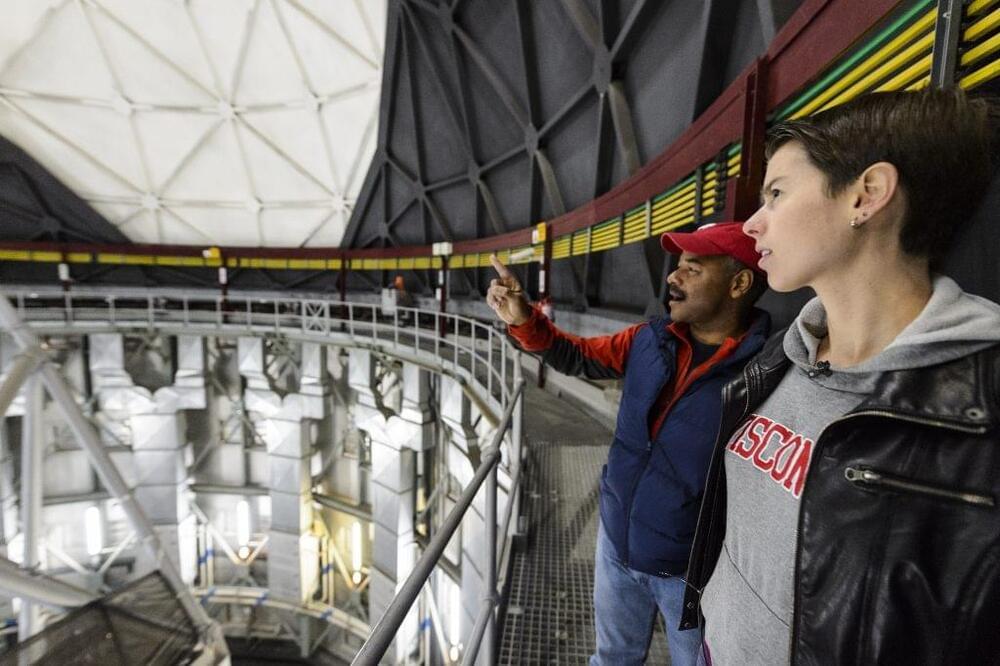India is a developing country where Robotics is still lagging because of the lack of availability of Robotics components, 3D printed parts and suitable quality motors. The science of Robotics requires a high-end technology to be implemented by researchers or Robotics scientists.
Despite all these, if a teacher (not a Robotics Scientist) can do something in the field and able to develop a prototype that is comparable with the Robots developed by big facilitated and resourceful companies with the help of their best engineers on a huge budget, then the person deserves the appreciation.
A computer science teacher in Kendriya Vidyalaya, IIT Bombay, Dinesh Kunwar Patel has developed the world’s first social and educational humanoid Robot ‘Shalu’ that can speak 47 languages, including 9 Indian and 38 foreign languages. The homemade Robot ‘Shalu’ is made of waste materials, including cardboard, wood, and aluminium.






